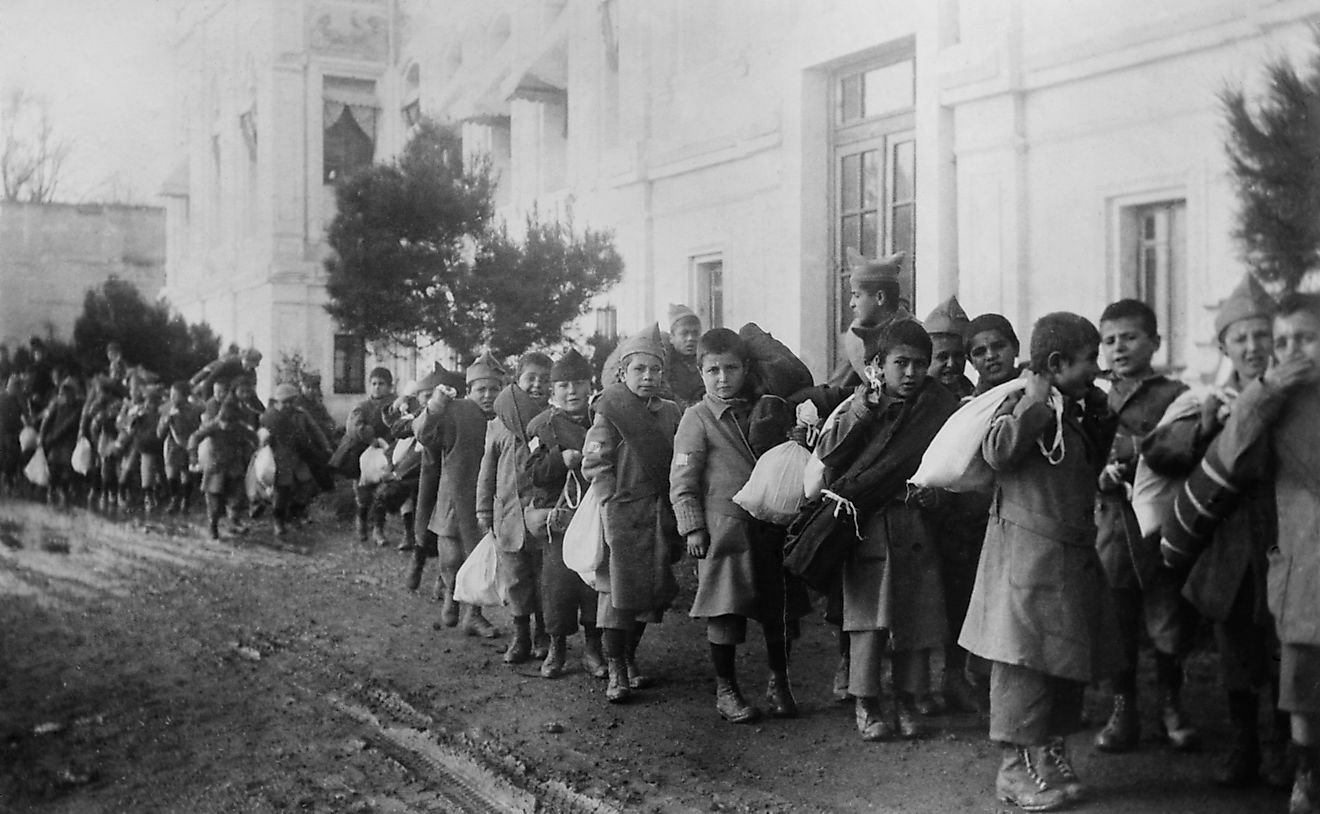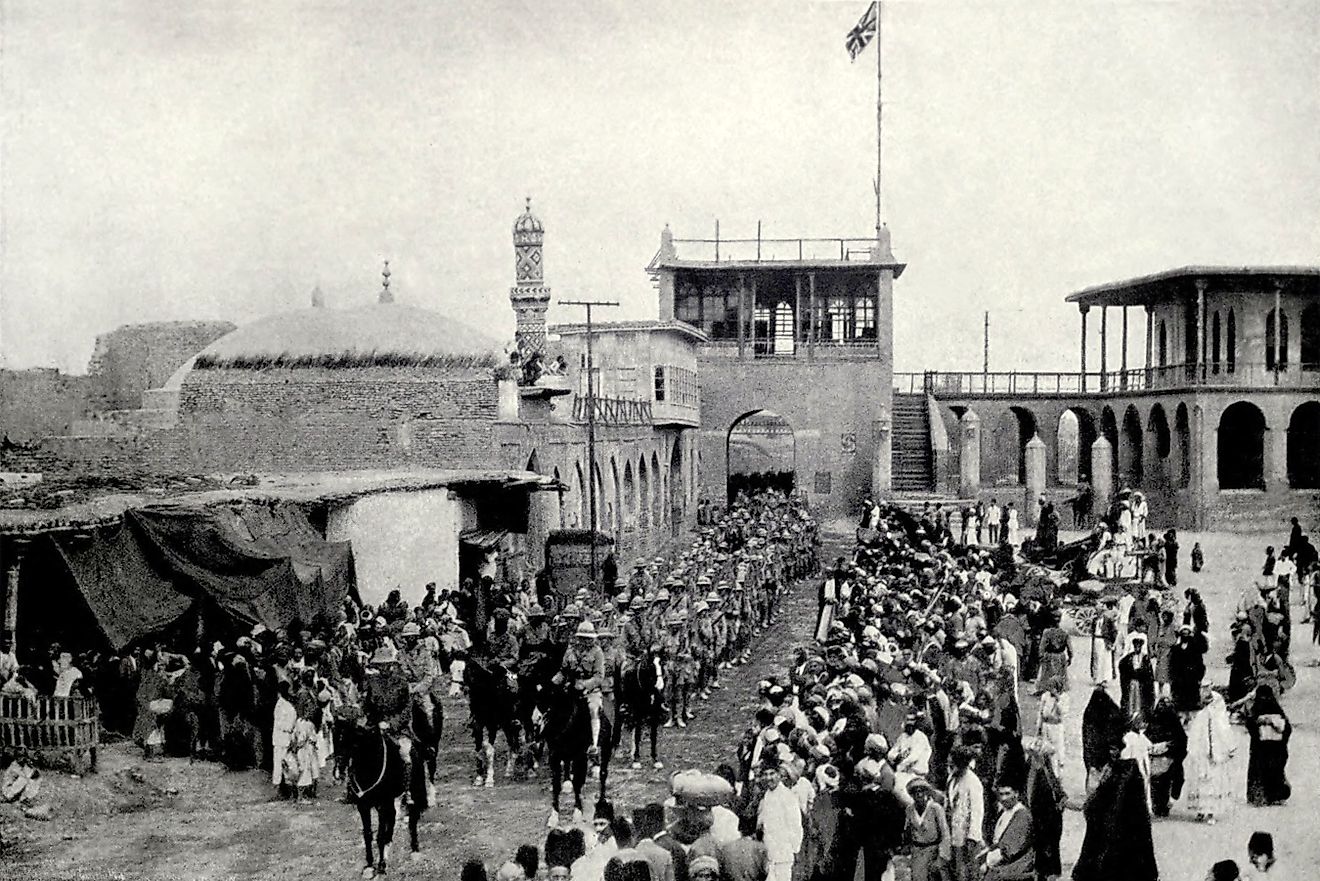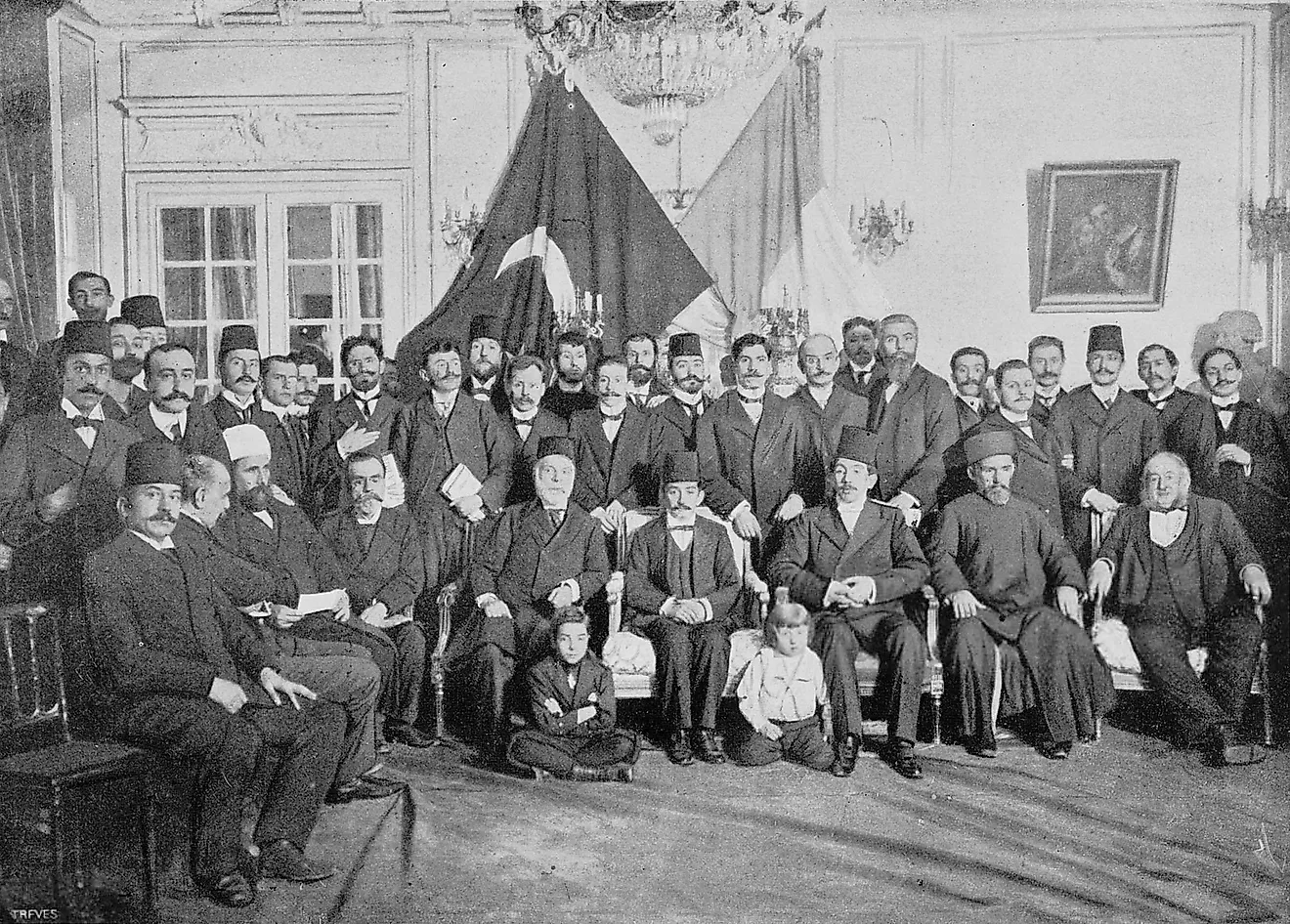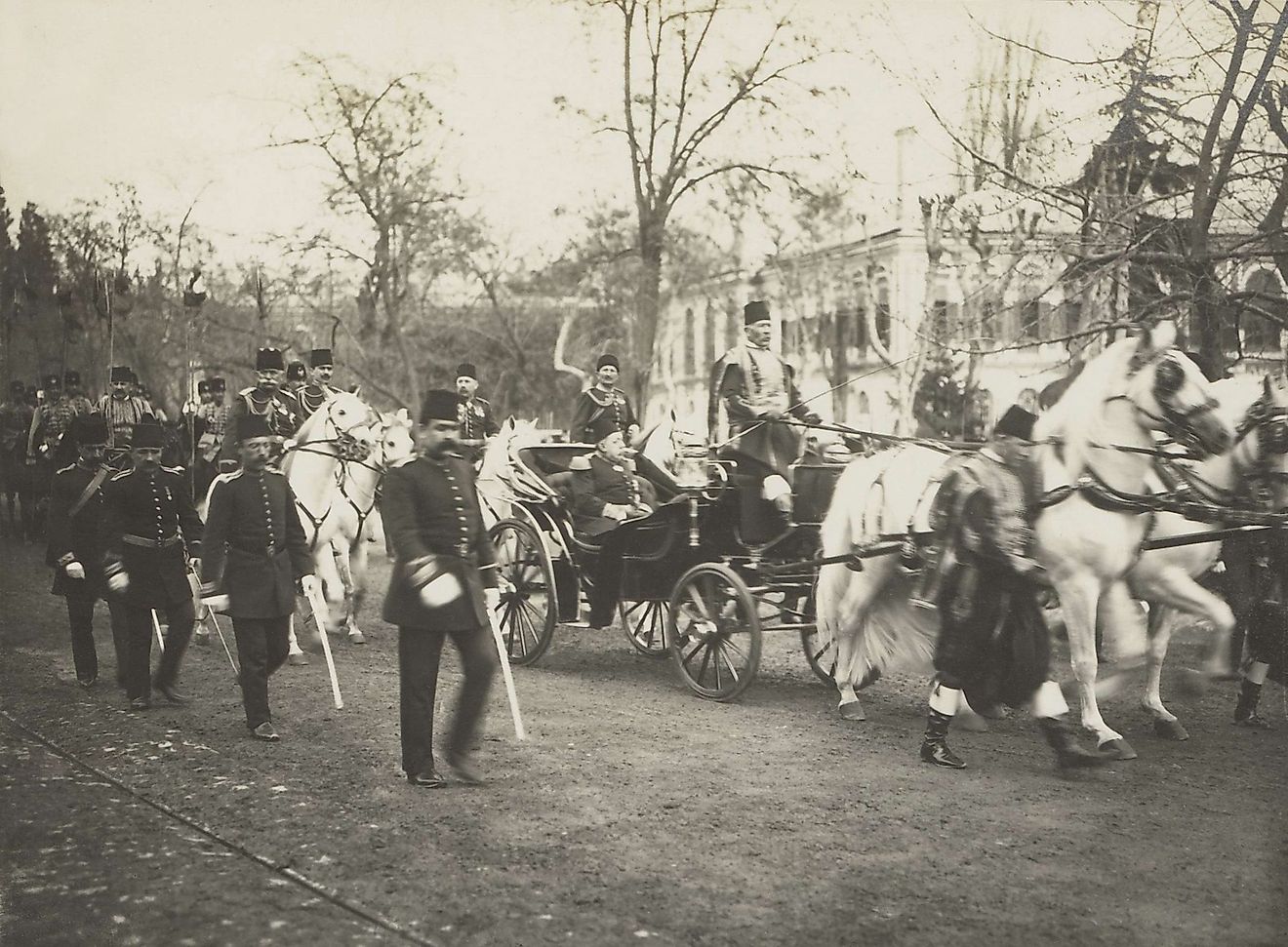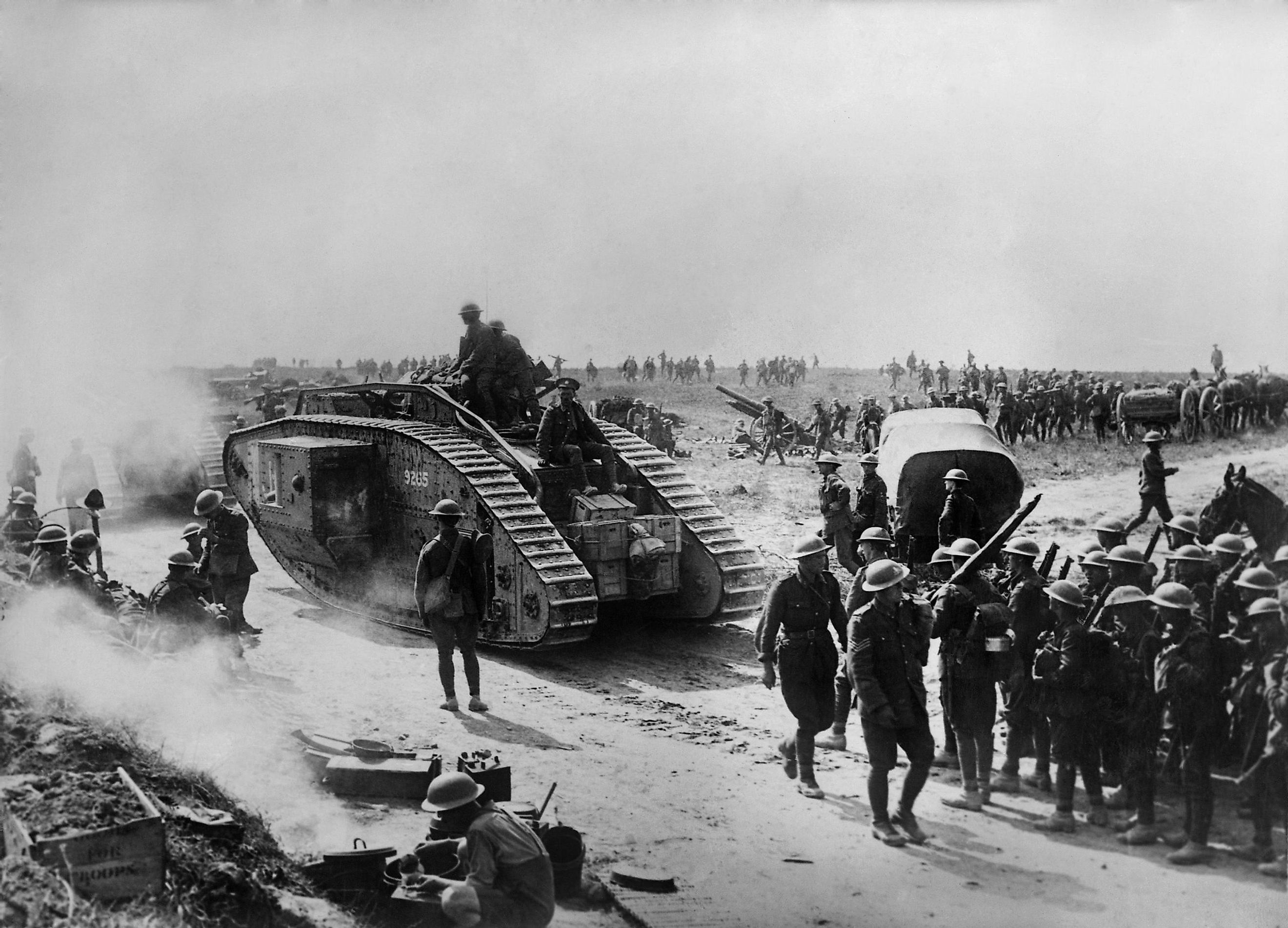
Why Did Germany Surrender In 1918?
At the time it was fought, World War I (1914-1918) was the most devastating conflict in world history. Moreover, it had enormous geopolitical consequences, with many of these implications being set in motion on November 11 when Germany signed an armistice. This surrender occurred for several reasons, the most important of which was Germany's ever-weakening military position.
World War I
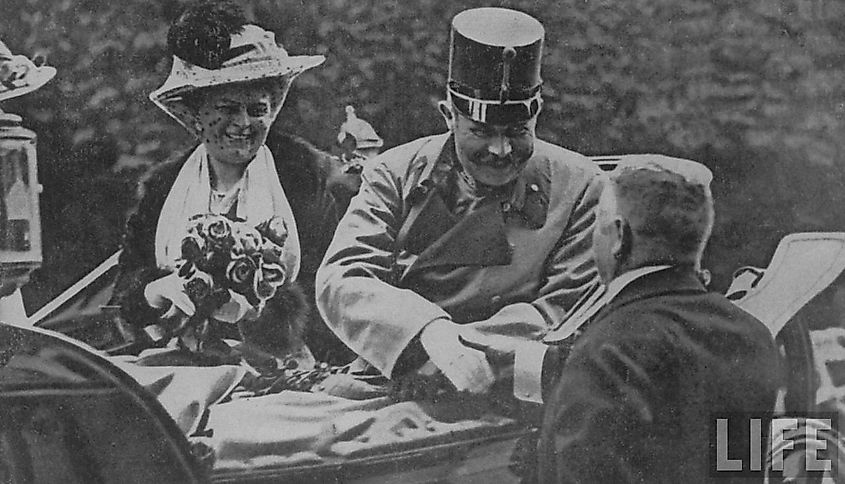
On June 28, 1914, Archduke of Austria-Hungary Franz Ferdinand was assassinated. This incident set off a chain of events that led to a catastrophic war in Europe. On one side were the Allies, led by the United Kingdom, France, and Russia. On the other side were the Central Powers, which consisted of Germany, Austria-Hungary, and the Ottoman Empire. The conflict was characterized by trench warfare, and millions lost their lives for little to no reason. Some notable battles were the Battle of Gallipoli, the Battle of Verdun, the Battle of the Somme, and the Battle of Passchendaele, all of which saw enormous numbers of casualties.
The Weakening Military
Until 1917, the United States was officially neutral. However, several events occurred in the years prior that pushed the Americans towards the Allies. Perhaps most notable was the sinking of the Lusitania, a British ship carrying 128 American citizens, by a German submarine. When combined with pressure from more hawkish members of the U.S. political elite, Congress declared war on Germany on April 6, 1917.
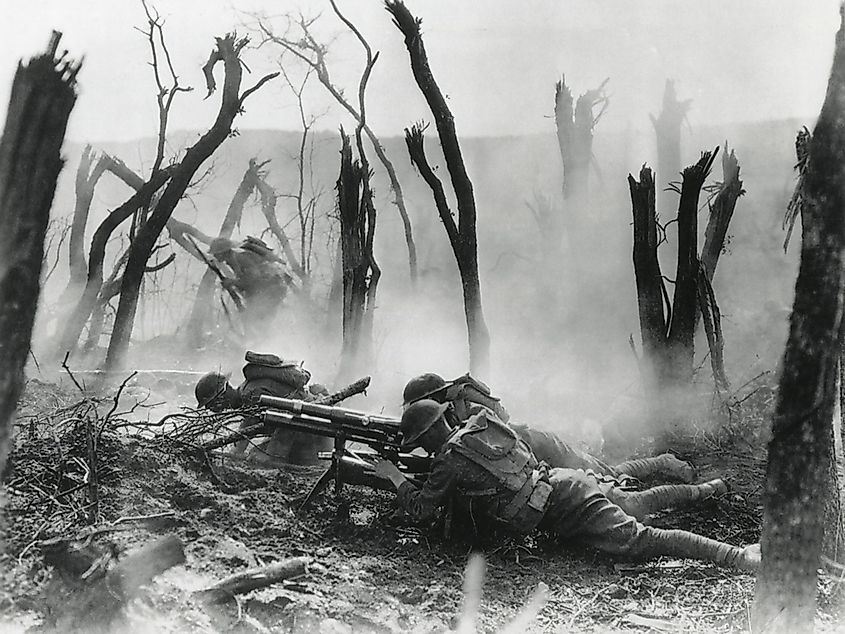
The American entry into the war was a major problem for Germany. Therefore, Generals Paul von Hindenburg and Erich Ludendorff, who both formed the military dictatorship that ran Germany during the second half of the war, made plans for a massive offensive. The goal was as follows: launch an attack that tipped the war in Germany's favor before American troops reached Europe. This became known as the German Spring Offensive, which began on March 21, 1918. Despite significant initial progress, logistical issues emerged. The arrival of American troops only a week after the offensive began further exacerbated this issue. Ultimately, Germany lost over a million soldiers during this attack, and the Allies managed to push the German Army back. Fearing a greater military defeat in the future, Germany signed an armistice on November 11, 1918.
The Aftermath
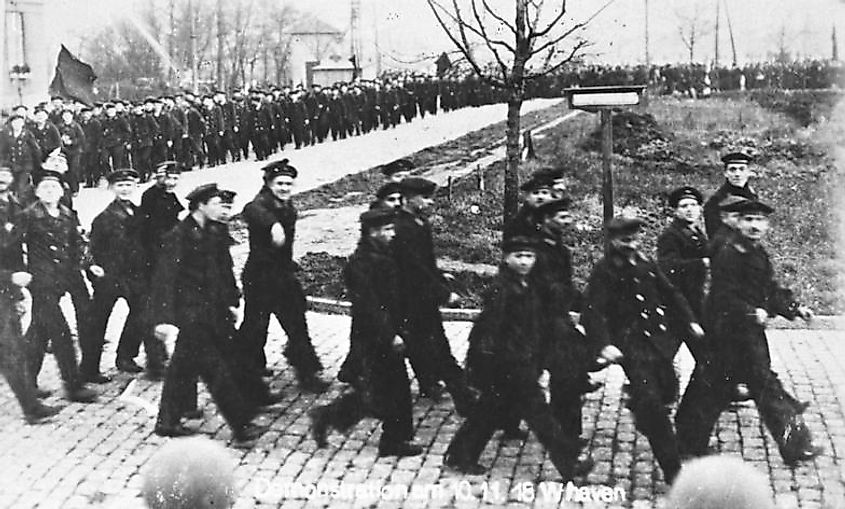
Germany's worsening position in the war resulted in major consequences domestically. Indeed, hearing that an armistice was imminent, many Germans resented being sent to die for a cause that was now meaningless. This led to a sailor's mutiny in early November 1918, which thereby contributed to growing calls for revolution and the overthrow of the monarchy. The next months in Germany were chaotic. Kaiser Wilhelm II abdicated on November 9, paving the way for the establishment of a democratic system known as the Weimar Republic. However, a communist revolt in January 1919 almost resulted in a Marxist government overtaking Germany. But President Fredrich Ebert turned to the Freikorps, a paramilitary with right-wing sympathies, to quell the rebellion. This had enormous consequences for the German left. Ebert was a member of the left-wing Social Democratic Party and felt betrayed that the Communists had attempted to overthrow his government. On the other hand, the Communists felt betrayed that their supposed allies had violently suppressed them. Thus, the uprising of January 1919 led to a permanent splintering of the left in Germany.
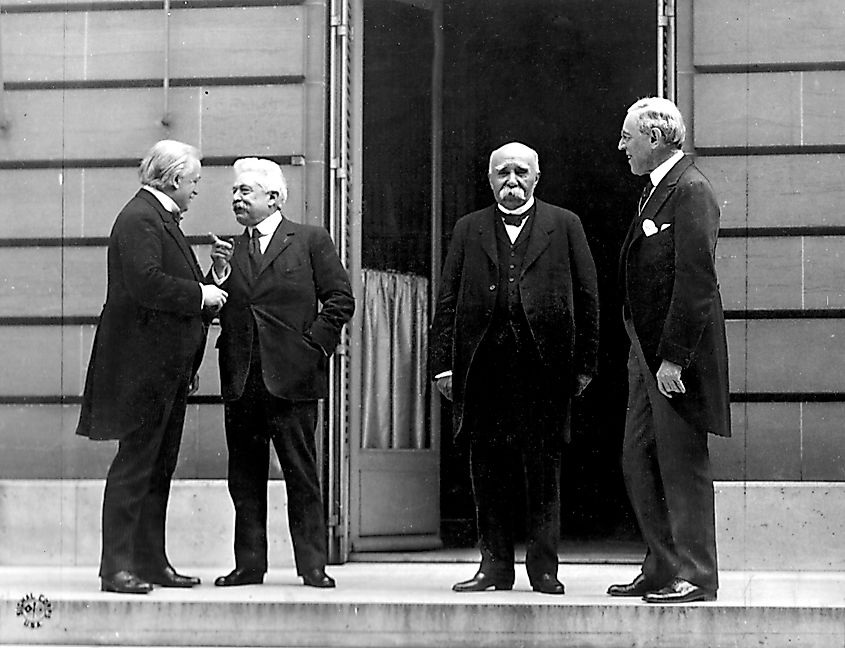
Germany's surrender had even broader consequences. The Treaty of Versailles, the formal peace treaty signed in 1919, was widely hated in Germany for its draconian measures. For instance, it dictated that Germany needed to pay billions of dollars in reparations, leading to hyperinflation in the early 1920s when the German government began printing money to pay this debt. Moreover, the initial armistice and the treaty fostered the "stab-in-the-back" conspiracy theory, the belief that the new government--which was comprised of Jews and Marxists--had betrayed the army and surrendered a war that Germany was winning. All these factors, when combined with the onset of the Great Depression in the late 1920s, contributed to the increasing popularity of anti-democratic extremist parties. This culminated with Adolf Hitler being named chancellor in January 1933.
In conclusion, Germany's weakening position militarily necessitated that it surrender in World War I. The impact of this surrender was profound, with it leading to months of immediate political turmoil. Furthermore, the major long-term consequence was the rise of the Nazis and, ultimately, the Second World War.
